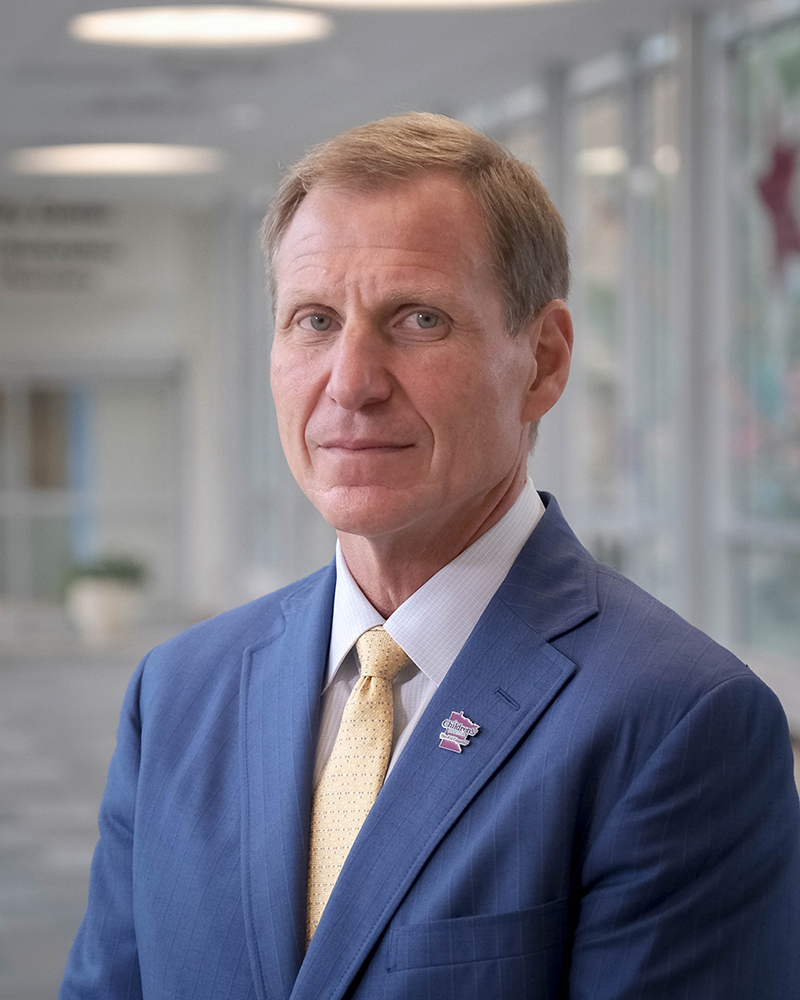I visited a concentration camp last year. I was in Germany for a meeting and decided to go to Dachau, which is just outside of Munich.
It was a powerful experience. Dachau was built primarily as a forced labor camp during World War II. The Germans held Jews there, as well as political prisoners, gay people, Roma people and Jehovah’s Witnesses. Tens of thousands were executed. There’s a gas chamber and a crematorium. But none of that was the most disturbing thing I saw at Dachau.
The most disturbing thing I saw was in an exhibit about the history of the Holocaust.
In the exhibit, there was a quote from the mayor of the town of Dachau. He was talking about how great the camp is because it’s such a boon to the local economy and it’s going to create all these jobs.
The mayor’s quote sounded so normal, so familiar. I’ve often heard civic leaders in Minnesota say things like that in reference to projects they’re advocating for. But at Dachau, the “boon” to the local economy was based on imprisoning and killing humans. Encapsulated in the mayor’s quote was a complete disconnect from humanity. It was chilling.
Even more chilling, the Holocaust is just one of many examples of people dehumanizing other people for economic or political gain. It’s the same attitude many had in our country during slavery, Jim Crow and the forced removal and genocide of Native Americans. The mindset is still with us today in racism, homophobia, antisemitism and other forms of hatred. You really can’t separate them.
But we can counteract them.
Children today are growing up amid a rise in hate crime and hate speech in our country. It doesn’t have to be this way. Here are two things we can do — and model for our young people. First is knowing our history. Second is knowing each other.
Today, Germany doesn’t shy away from its history. All schoolchildren are required to learn about the Holocaust. They visit concentration camps. This requirement builds knowledge and empathy. If we know our history, we know exactly why hate crime and hate speech are so dangerous. Why it’s not OK for politicians in our country to meet with, or refuse to condemn, people who say and do hateful things. Or for athletes, entertainers and anyone else to post hateful messages on social media. Talk can be dangerous. Ugly words can become ugly deeds. All of it chips away at our humanity. And we’ve seen where that leads us. Slavery. Forced removal. Genocide. Violence against our LGBTQ community.
If we know each other, we see each other’s humanity. Living in a diverse community helps us with that. We see, meet, learn about people of many races, religions, identities. I grew up Jewish in New York, a place where there are lots of Jewish people. When I went to medical school, I moved to a state where most people weren’t familiar with Jews and Judaism. If you’ve never knowingly met a Jewish person, it becomes easier to believe whatever someone might say about them. But when you get to know someone, you can’t ignore their humanity. You see that they’re not a stereotype, a label, a category. You can still disagree, but it becomes harder to hate.
Our humanity and our history. They’re two of our greatest hopes for a kinder world. We can’t afford to ever lose touch with either.

